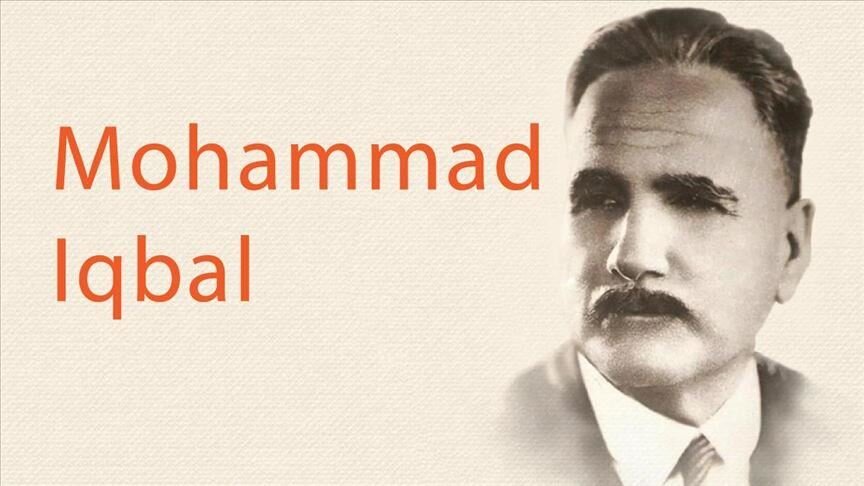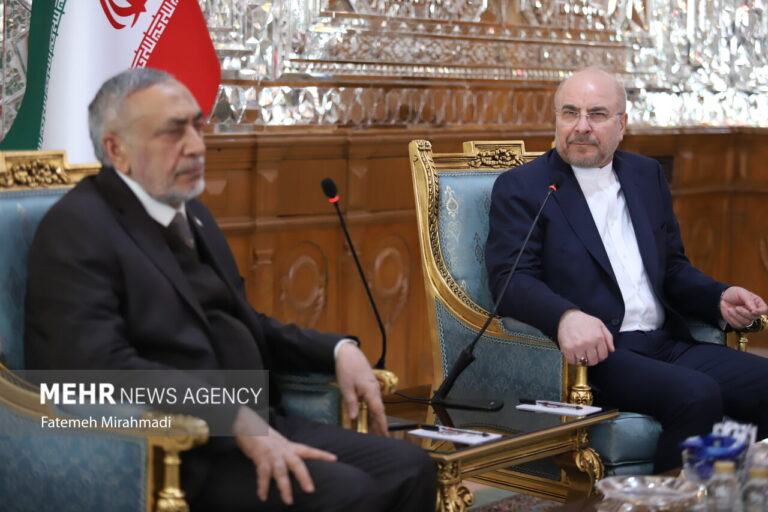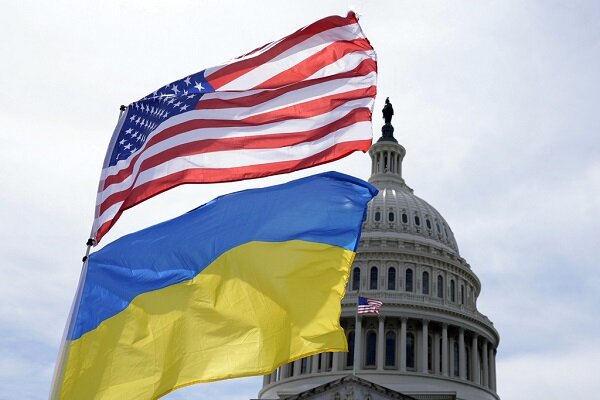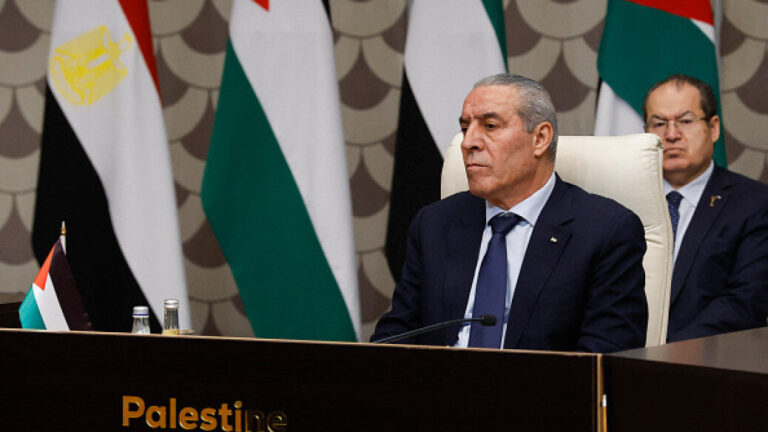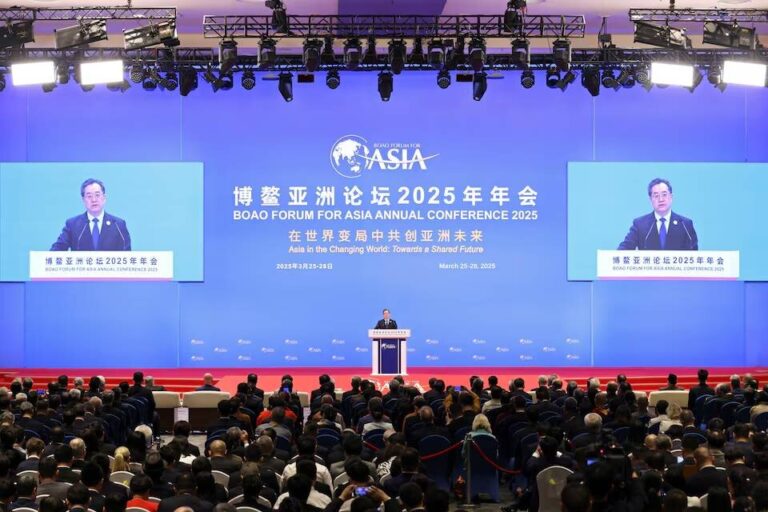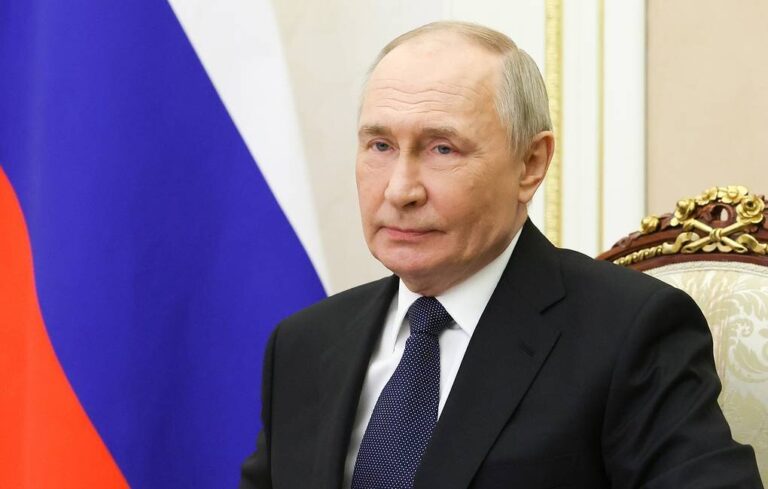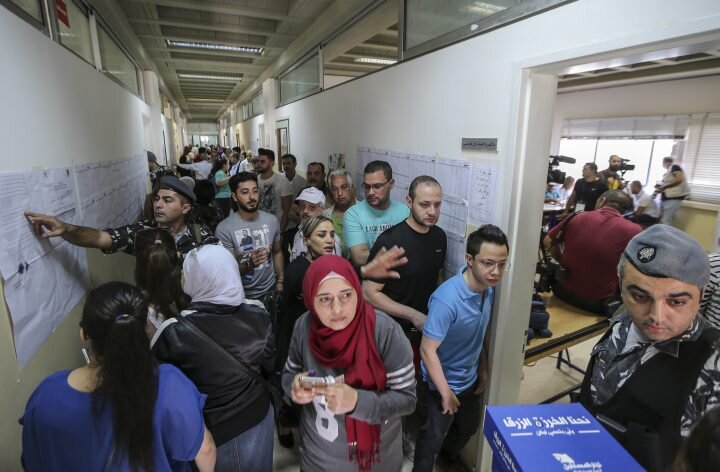Iqbal Lahori’s Bold Stance on Palestine: A True Test of Courage and National Pride
The ongoing Palestine issue, now entering its eighth decade, has been overlooked by global powers for nearly seventy years. This complex situation originated during the first half of the 20th century, when British imperialism played a critical role in shaping the conflict. The consequences of these actions have reverberated through history, affecting international peace and resulting in significant sacrifices by the Palestinian people as they strive for independence.
During the height of British colonial rule, the systematic relocation of Jewish populations into Palestine sparked violent confrontations between Muslims and Jews, particularly evident in the 1920s and 1930s. This tumultuous period was marked by several incidents of bloodshed, with notable events occurring in:
- 1928
- 1929
- 1933
- 1939
One of the most tragic occurrences happened in Jerusalem in August 1929, where 116 Palestinians lost their lives and 232 were injured, largely due to British authorities’ gunfire. This devastating news sent shockwaves throughout the Muslim community in the Indian subcontinent, prompting widespread protests. A significant rally took place outside the Delhi Gate in Lahore, attended by Muslims from various backgrounds, including the esteemed national poet Allama Muhammad Iqbal Lahori.
Allama Muhammad Iqbal, known for his poetry, legal expertise, and political insight, passionately addressed the rally, stating:
“The Muslims, their wives and children are being killed in Palestine. The centre of this tragedy is Jerusalem, where Al-Aqsa Mosque is situated. This mosque is associated with the occasion of Mi’raj Mubarak. Mi’raj is a religious truth, which is tied to the deepest sentiments of the Muslims. Historically and legally, the Jews are not justified in their claim over Al-Aqsa Mosque. In 1914, British statesmen utilized the Jews for their own purposes, promoting the Zionist movement and employing methods that led to horrifying consequences. The Muslims, their women and children are being slaughtered like sheep and goats…. The Zionist movement will not bring any pleasant results for the Muslims. On the contrary, it would harbor unprecedented evil…?”
Throughout his life, Iqbal consistently supported the Palestinian cause, documenting his thoughts and responses during various pivotal moments of the crisis. His correspondence from 1932 to 1937 with prominent figures such as Muhammad Ali Jinnah and Maulvi Abdul Haq, as well as letters to Miss Margaret Farquharson of the National League in London, reflect his unwavering commitment. An insightful excerpt from his letter to Miss Farquharson reads:
“Through wisdom alone comes power; and when power abandons the ways of wisdom and relies upon itself alone, its end is death.”
Iqbal’s foresight proved accurate; the powers responsible for creating the Palestine issue by disregarding wisdom and morality have faced their own decline. This statement serves as a stark reminder to contemporary powers that neglecting wisdom ultimately leads to peril and defeat.
Iqbal’s dedication to the Palestinian cause was further exemplified by his active participation in related meetings. Even during the final year of his life, when he was gravely ill, Iqbal contributed to the discourse on Palestine. In a public meeting organized by the Muslim League in Lahore on July 26, 1937, he was unable to attend but sent a written message. His message, which was translated into Urdu and shared at the meeting, emphasized the significance of Palestine as a Muslim issue:
“Modern historical research has doubted even the existence of Peter the Hermit. Even if we assume that the Crusades were an attempt to make Palestine a Christian problem, this attempt was defeated by the victories of Salah-ud-Din. I, therefore, regard Palestine as a purely Muslim problem.”
Iqbal believed that Muslims must take control of their own destinies, viewing the Palestine issue as a test of courage and identity for all Islamic nations, irrespective of their nationality. He poignantly articulated that this issue is both religious and political, calling for action from Muslim countries to resolve it.
The urgency for resolution is encapsulated in his poetic reflections, which resonate today:
“زند گا نی تا کجا بی ذ و ق سیر
تا کجا تقدیر تو د ر دست غیر
بر مقا م خو د نیا ئی تا بہ کی
ا ستخو انم در یمی نالد چو نی”
Translated, these lines ask:
“For how long will you live without the taste of success and progress? For how long will you let your destinies be governed by others? For how long will you not recognize your position? You are afraid of hardships? The Holy Prophet (PBUH) had said that the periods of hardship and trial are the tools of development for the brave people. Have you not heard this?”
In conclusion, the Palestine issue remains a critical concern that underscores the ongoing struggle for justice and independence. Iqbal’s timeless words and actions remind us of the powerful intersection between politics and faith, urging contemporary leaders to remember the lessons of history and the importance of wisdom in governance.
Zahid Munir Amir is a Professor of the Faculty of Literature and Humanities at the University of Tehran.
